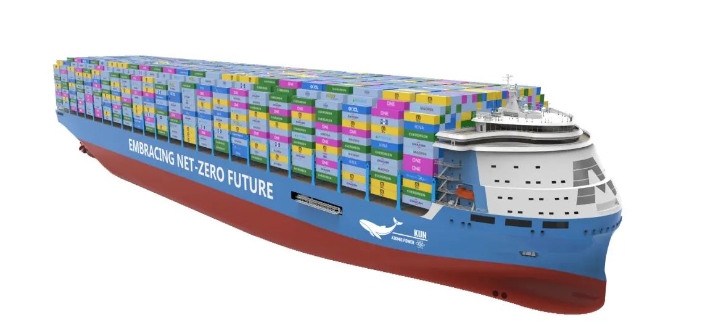
FCL sea freight refers to the cost to be paid when the goods are transported by sea, which includes many aspects of the cost. Including shipping space charges, dock charges, port charges, insurance charges, information charges, etc.1. Ocean shipping space chargesThe shipping space charge is the most important part of the freight of the whole container, and it is also the bulk of the cost. It refers to the cost of shipping the cargo from the port of origin to the port of destination. The calculation of the container shipping space charge is usually based on the container type, such as the shipping space of 20 feet and 40 feet high cabinets. The cost of space depends on the ship and the distance of the route. Moreover, the container shipping space charge is usually determined by the shipping company according to industry standards and market prices, and the price is different at different times.2. Customs declaration feeThe customs declaration fee refers to the service fee and the charge on behalf of the owner who finds the freight forwarder or the customs broker to declare to the customs. The customs broker or freight forwarder will ask the owner of the import and export declaration of various documents, information, such as import and export license, certification documents, product list, etc., and do a good job of information to the customs declaration, so that the owner of the goods can be normal import and export.Full container shipping charges3. Dock handling feeTerminal operation cost refers to the cost to be paid during the loading and unloading of goods in the port. This includes port usage fees, dock operating fees and stevedores’ wages. Terminal fees are usually charged by port authorities or terminal operators, depending on the quantity of cargo and the complexity of the handling operation.4. Port chargesPort charges refer to the charges that the goods need to pay during their stay in the port. This includes docking charges, anchorage charges, lighter charges and so on. The calculation of port charges is usually based on the weight of the cargo or the length of stay. The cost standards of different ports may vary, so you need to consider the factors of port fees when choosing a port.5. Insurance costsThe cost of insurance refers to the cost to pay for the purchase of ocean transportation insurance for the goods. In the process of shipping, the goods may face various risks, such as shipwreck, damage, loss of goods and so on. In order to protect the safety of the cargo and reduce potential losses, shippers usually purchase Marine transportation insurance. The cost of insurance depends on factors such as the value of the goods, the level of risk and the amount insured.6. Information costsThe entire container shipping process also involves the production and processing costs of various documents and certificates. This includes bill of lading fee, manifest fee, certificate of origin fee, commercial invoice fee, etc. The production and processing costs of these documents and certificates are usually charged by the shipping agent or logistics company, depending on the quantity and complexity of the documents.7. Arrival feeFor example, cross-border e-commerce needs to send the whole container of goods to the Amazon FBA warehouse, or third-party overseas warehouses, commercial addresses, etc., and the trailer cost from the dock to the destination also needs to calculate the cost. Among them, there is also a customs clearance and tax costs, which also need to be borne by cross-border sellers, even if the whole container bag tax to the door will be calculated in the cost of freight.8. Other expensesIf it is the United States full container shipping, there are anti-terrorism list fees (AMS), destination port clearance fees, taxes, etc., depending on the trade terms. Some FCL freight has customs clearance fees, customs clearance fees, tariffs, such as DDP terms; Some are not included, and need to be paid by the consignee, such as DDU, FOB, etc.FCL sea freight refers to the cost to be paid when the goods are transported by sea, including shipping space, dock cost, port cost, insurance cost, customs declaration, customs clearance and information cost. The amount of these costs depends on factors such as the characteristics of the cargo, the distance travelled, port standards and the amount of insurance. Understanding and controlling shipping costs is very important for arranging logistics costs reasonably and improving transportation efficiency.
